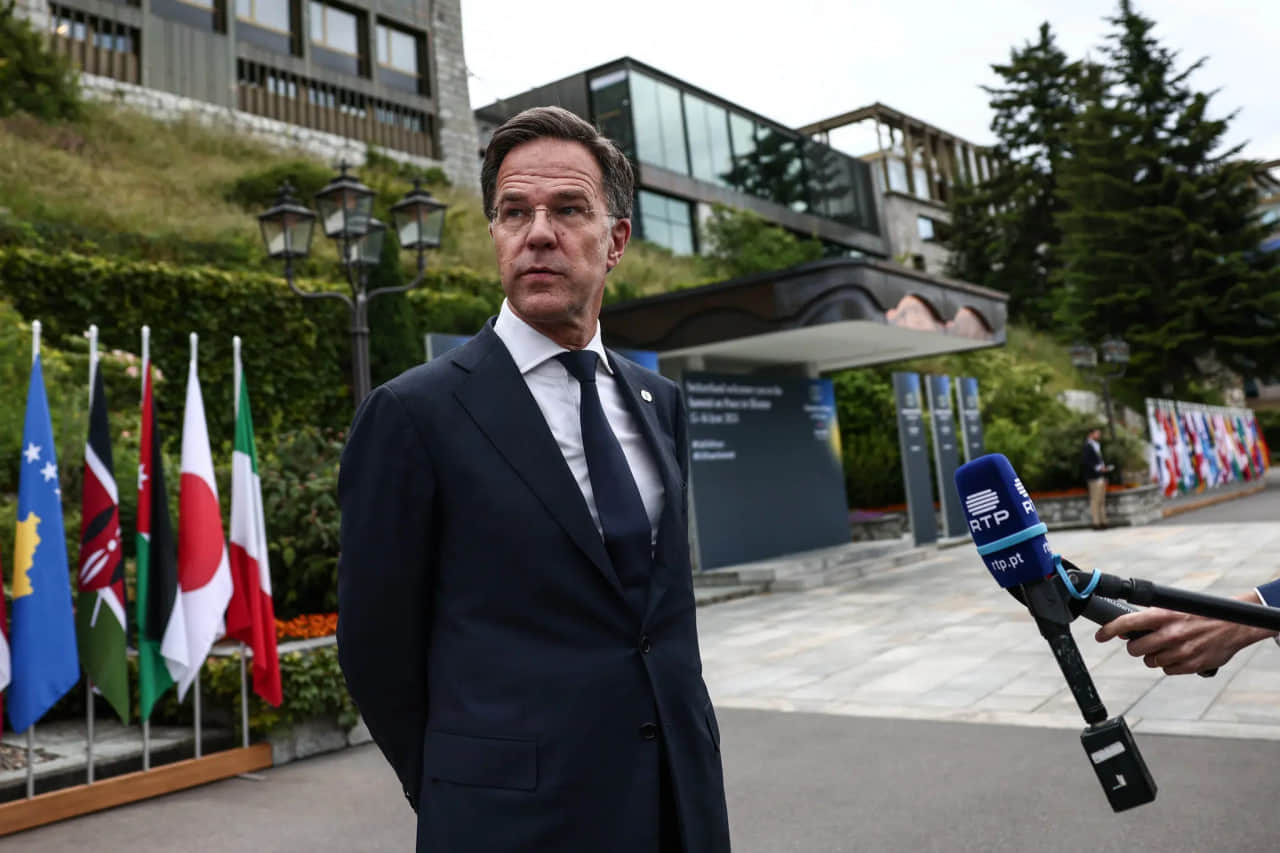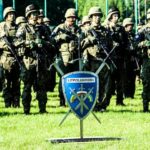New NATO Secretary General Mark Rutte is already taking his first steps in office, starting with a conversation with Polish Foreign Minister Radoslaw Sikorski. The main topic of this meeting was strengthening Ukraine’s air defense and the prospects for NATO expansion. So, why is this important and what are the implications for Ukraine?
A Serious Conversation
So, on October 2, the first conversation took place between Mark Rutte, the new NATO Secretary General, and Radoslaw Sikorski. It started traditionally – with greetings. Rutte officially took over the helm of the Alliance on October 1, after many years as the Prime Minister of the Netherlands.
But the conversation quickly turned to serious issues – the situation in Ukraine, the tensions in the Middle East, and NATO’s security. Rutte immediately thanked Poland for its assistance to Ukraine, as this country has become a key partner in supporting the Ukrainian army during the war.
Why is Air Defense Important?
One of the key issues discussed during the conversation was strengthening Ukraine’s air defense. Why is this so important? The thing is, Russia continues to strike at Ukrainian infrastructure using missiles and drones. In recent months, the number of drone attacks has significantly increased, posing a threat not only to Ukraine but also to neighboring countries, including Poland.
Recently, Poland, like other NATO allies, provided Ukraine with modern air defense systems, which helped improve the situation. But with each passing day, it becomes clearer that Ukraine needs more resources to defend its sky, as the war continues and Russia enhances its attacks.
Issues with Russian Missiles and Drones
During the discussion, politicians also addressed another serious issue – Russian missiles and drones that are beginning to go out of control of the Russian army. This not only poses a threat to Ukraine, but also to NATO member countries. For example, in 2022, a Russian army missile accidentally landed on Polish territory, causing a serious international incident.
Imagine how dangerous it is when missiles launched by Russia can threaten other countries, even if they are not directly involved in the war. That’s why discussions on missile defense at NATO level have become one of the priority topics.
NATO and the Middle East: another front?
In addition to Ukraine, the situation in the Middle East was also discussed. According to Rutte, NATO military contingents and allies in the conflict zone could be at risk due to the escalation of the situation. This means that the Alliance will have to pay more attention to this region to protect its military and strategic interests.
The Middle East has always been a hot spot on the world map, and currently the situation there is even more tense. And since some NATO member countries have their troops there, the Alliance has to keep a close eye on the situation.
Mark Rutte’s Position on Ukraine
It is important to note that Mark Rutte, upon assuming the position of NATO Secretary General, made several important statements regarding Ukraine. He clearly stated that Ukraine has the full right to self-defense, and according to international law, this right may even involve strikes on Russian territory. This is a powerful statement that shows that NATO recognizes Ukraine’s right not only to defend itself but also to respond to the aggressor.
However, Rutte also pointed out that Ukraine’s accession to NATO depends on several factors, including the resolution of the war. This means that as of today, even with strong NATO support, Ukraine cannot become a member of the Alliance until the end of the war.
Invitation to Poland
Another important moment – during the conversation Sikorski invited Rytte to visit Warsaw. This could be the next important step in the cooperation between Poland and NATO on security issues. As one of the countries bordering Ukraine, Poland plays a crucial role in supporting the Ukrainian army and protecting NATO’s eastern borders.
Therefore, the initial steps of Marc Rytte as the Secretary General of NATO show that he takes the security issues of Ukraine and the Alliance seriously. Strengthening the EFP, issues of war in the Middle East, and supporting Ukraine are the topics that will be important in his future work.


